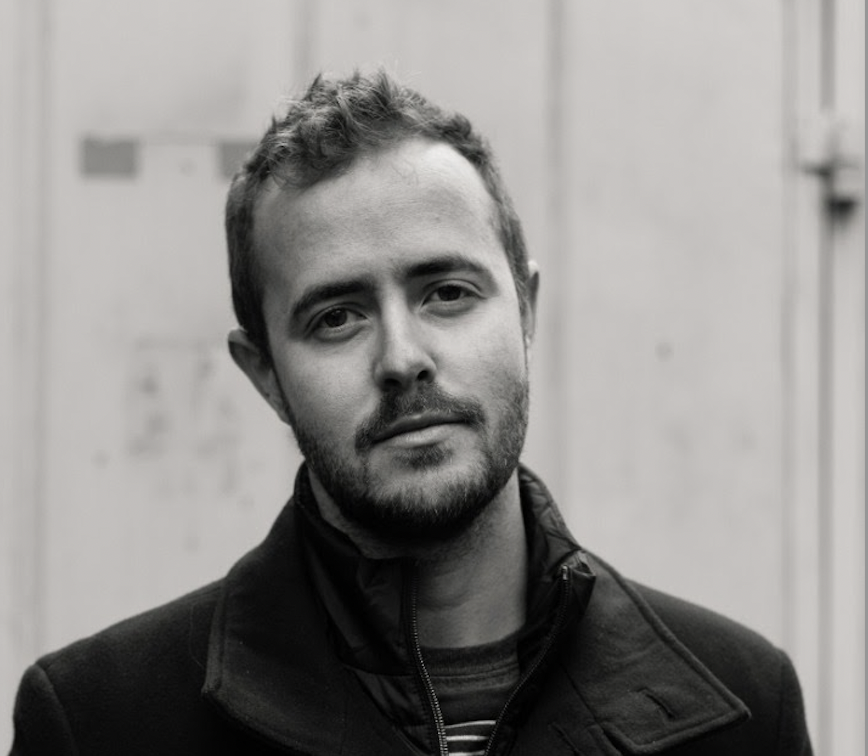Ireland planning to limit Ukrainian refugees' access to state-provided housing.
Ireland's government is preparing a change to the country's refugee policy concerning Ukrainians that would limit their access to state-provided housing to three months before they must secure their own living accommodations, the Irish Examiner said on Oct.
23, citing a government source. The changes would introduce time limits to a refugee hosting scheme that currently allows Ukrainian refugees to stay indefinitely in state-provided housing. In addition to privately renting, Ukrainians would still have access to housing through Ireland's "offer-a-home" scheme, in which the government reimburses locals in exchange for providing housing to refugees.
The policy change would make Ireland's accommodation of Ukrainian refugees more closely follow other European countries, such as Poland and the Czech Republic, where housing is provided within a time limit or with a stipulation that the occupant may pay a percentage after six months. Almost 97,000 Ukrainians have arrived in Ireland since the beginning of the full-scale invasion, with more than 73,000 of them living in state-provided housing, which the Irish Examiner said costs the country 1.5 billion euros a year. More than 15,000 Ukrainians who have arrived in Ireland are employed.
Countries around Europe have begun to take stock of the programs devised to help Ukrainian refugees, and in some cases, moved to pare them back. In the U.K., almost 5,000 Ukrainian families who arrived in the country as refugees were reported on Oct.
17 to have risked, or continue to be at risk of homelessness. That number is expected to rise as some of the sponsorship agreements in the U.K. to host Ukrainians expire.
Russia's war forced millions of Ukrainians to flee abroad.
How many will return? Viktoria Vozna, 25, had always enjoyed her quiet life in native Brovary, a city just east of Kyiv, and dreamed of raising her own children there one day. She never wanted to live abroad, but Russia's brutal war forced her out of the country.
After saving up enough money

 Nate Ostiller
Nate Ostiller
News Editor
Nate Ostiller is a News Editor. He works on special projects as a researcher and writer for The Red Line Podcast, covering Eastern Europe and Eurasia, and focused primarily on digital misinformation, memory politics, and ethnic conflict. Nate has a Master's degree in Russian and Eurasian Studies from the University of Glasgow, and spent two years studying abroad at Kyiv-Mohyla Academy in Ukraine.
Originally from the USA, he is currently based in Tbilisi, Georgia.